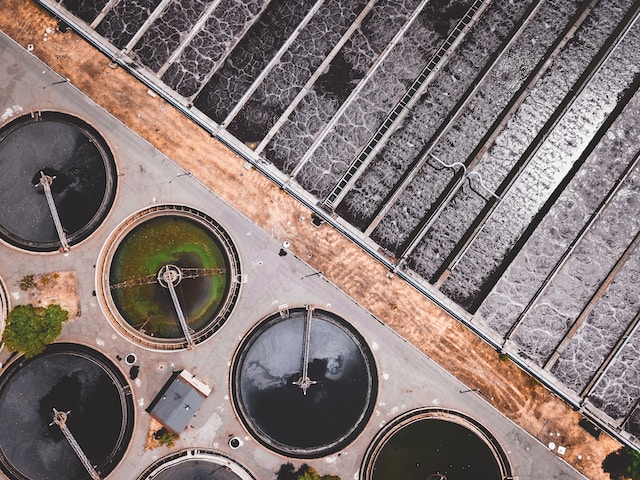Methods and Applications of Industrial Filtration
Industrial filtration processes help keep products like water, chemicals and gases clean of contaminants. They can also protect complex and expensive machinery from damage and prevent costly failures caused by leftover particles. Generally, a filter’s first step is to ensure large materials don’t clog or disrupt the purification process by adding chemicals that form small, sticky particles known as floc. These floc particles sink to the bottom of a flocculation tank for conveyor removal or to the top to be skimmed off.
Pre-treatment
The first step in the industrial filtration process is to separate the larger materials that could clog or disrupt the system. It is often accomplished by introducing chemicals that create small, sticky substances known as floc, which attract and stick to the particles. It allows the larger particles to sink to the bottom of the floc tank, which can be removed from the water or skimmed off by mechanical equipment like centrifuges and hydro-cyclones. This type of pre-treatment is important because it protects equipment critical to the process. Particles that aren’t eliminated can erode the metal, cause malfunction and require essential and expensive parts to be replaced. Donaldson filter distributor VA helps protect workers and maintains compliance with health, safety and environmental regulations.
Filtration
Industrial filters remove unwanted contaminants from liquids and air, making them useful in many sectors. For example, in pharmaceutical and food processing industries, filtration systems remove harmful particles from the products and dust from production areas. For power generation industries, filtration systems help to protect expensive vacuum pumps, blowers, compressors, and gen-sets from environmental wear and tear. Filtration keeps components like water, coolants, and oils clean, pure, and contaminant-free. It helps to protect equipment, ensure product quality and safety, and meet regulatory requirements.
For instance, perforated tubes are used in oil rigs to filter the oil and remove solid particles from it. It makes the process more efficient and reduces costs associated with waste disposal. In addition, a filtration system can prevent the spread of bacteria and other pathogens to keep workers safe and productive. These benefits are why industrial filtration is so important for manufacturing.
Secondary Treatment
The filtered water is then pumped into large tanks where the bacteria and microbes caught by the filter are killed with disinfectant chemicals. This step is vital as it prevents contaminating the next batch of products and protects equipment from being polluted by harmful microbes that would otherwise recirculate through the machine.
Industrial filters also capture common pollutants like dust, dirt and electronic signals, which would otherwise impact the quality of the final product. It enables companies to meet quality standards set by the EPA and other organizations.
Moreover, industrial filters prevent the wastage of non-renewable resources. It is particularly important for equipment like cooling systems that use oil and other fluids to keep them working efficiently. It can enhance the life of these components by ten times and reduce costly replacements and repairs. It can also help companies cut waste disposal costs and recycling expenses. The ability to recycle fluids and materials also improves the sentiments of customers, employees and investors toward a company.
Disinfection
Industrial filters are designed to remove clogging particles from liquids, air or gas streams. They can also be used to separate and isolate products. Filters are essential in many manufacturing processes. They protect equipment from wearing down, help to purify water and air and ensure product quality and safety for employees and end customers.
After the initial filtration process, the fluid or air is disinfected. The disinfection rate depends on the disinfectant’s concentration and contact time. It takes higher disinfectant doses and shorter contact durations to kill bacteria and other germs. The disinfected solution can then be reused. An ion exchange unit can be added to the filtration system to soften hard water and provide other specialized treatment functions. The treated water is then pumped into a distribution system that routes the filtered water to other parts of the facility for use in manufacturing. Workers and consumers can also consume filtered water.




